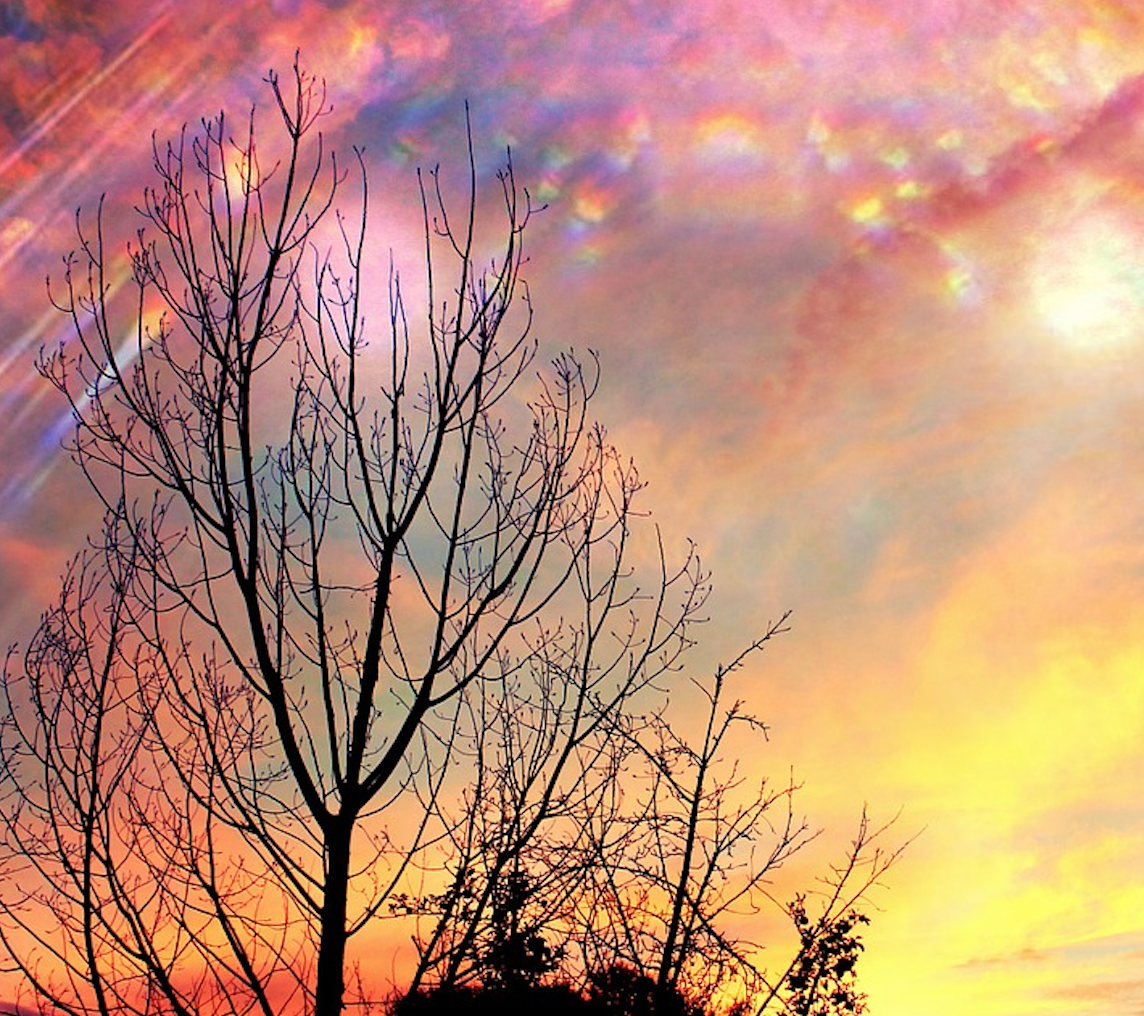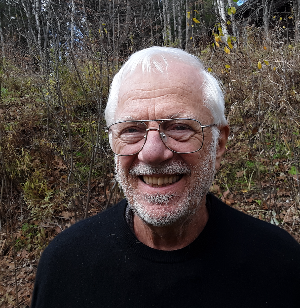Back to the Garden: Nirvana Now

My previous reflection brought together the story of Adam and Eve in the garden of Eden and the first two noble truths that the Buddha discovered after his enlightenment. The idea of both the Hebrew writer and the Buddha was that we each and all create our egocentric, self-isolated perspective on the world, a perspective of which we are basically unaware and which creates in us a feeling of emptiness and frustration, the restlessness of sensing that something is missing.
Searching for a path to lead us out of this suffering, Buddha goes on to describe various dimensions in the search for the self-awareness that will overcome that egocentricity. The story of the Garden does not, however, go beyond a description of this feeling that we all have, and so we must forego looking for exact parallels between the two. What I would like to do is to introduce a new concept into the discussion, and that is the concept of the moment. Although not easily described, moments are self-transcendent times that everyone experiences. Such times occur when we go beyond analysis, reasoning and comparison, and experience something directly.
Allow me to take some examples from my own experience. Awakening one morning, I decided that that day I was going to experience a moment. It had been a long time. It was a beautiful spring morning on the Dartmouth campus, and I looked at the sky with its mellow cumulus clouds. Unfortunately, no moment. And then some crocuses sprouting forth with the first flowers of the season. Nothing there. And then I saw a man walking toward me with a sign hanging around his neck. It wasn’t until we were in close proximity that I could read that the sign announced that he was a pledge to a local fraternity. Our eyes connected, we shared a really grand smile, and then it passed. Sounds silly, but that’s how moments are. Unpredictable. Fleeting. Liberating. Uplifting.
I was in a New York subway, hurrying through the tunnel to connect with my next train. As I turned a corner there suddenly appeared ten feet away a woman sitting on the concrete floor, hand outstretched, begging for relief. Bam. My self-created world was instantaneously overturned as the totally unexpected overpowered my equilibrium. We all have these moments. A ball player exhibits extraordinary talent in the last period of play, and remembers nothing about it. A baby smiles, and you uncontrollably smile back. The solution to your problem comes in a flash. You stare in awe at the Milky Way on a clear moonless night. What happens is that the egocentric world that we have created for ourself is momentarily invalidated, overcome, suspended, gone. And for that ever-so-brief time we are whole, not only in ourself but also with the totality of our environment. The desire and the suffering that the Buddha described has disappeared. Nirvana has arrived, if only for a moment.
The fact, however, is that most of our life, indeed, the vast majority of it, is time between the moments. The question then becomes: what can I do to overcome my egocentricity and spend more time experiencing the truth of who I am? One answer is community. From what I can tell, community is important for the Buddha because we need support in our search. The search, however, seems basically individualistic, epitomized in a meditative approach aimed at overcoming desire and the consequent suffering.
The Hebrew writing, I think, points us in a different direction. Seldom recognized, the temptation occurs in isolation. Eve, alone, eats the fruit. Adam is absent in the deliberation. Remembering that there is no Eve, no Adam, no fruit, the point is that when human beings are ethically absent from one another, they succumb to the egocentric worldview they have created. We need community, and we need community to not only support us when we are physically and morally frail, but also to critique us when we allow ourself to be captivated by the prison into which we have placed ourself, thereby limiting our freedom to be our true self. Being with others with whom we share communion provides opportunity for more moments, both for them and for us. Everyone wins. Of course, the opposite can also occur if the community is “bad” to begin with. Sharing life in an unhealthy, non-caring and non-loving environment only digs deeper the hole of egocentricity.
If we consider both the Hebrew and the Buddhist perspective, and ask ourself how we may escape suffering and desire and experience nirvana, how we may return to the garden and eat the fruit of the tree of life, the answer is set before us. We must realize that we can return to the garden anytime and anywhere, even if only for a moment. We must realize that suffering and desire can be overcome, if only for a moment. And it is also true that genuine community, whether it be two or two hundred, enables those moments to multiply.
One might ask: what is the source of these moments? Why do they happen? Simply put, it does not make any difference. Some might believe that it is God at work. Then we must ask: why does God hold back, stingy with the experience. Others might believe that it is our own striving that produces such good results. One might then ask: why do we fail so miserably? The point is not to explain the process, but to be thankful that it happens. It’s sort of like asking: why does s/he love me? I don’t know. I’m just thankful that s/he does! Maybe I can’t force a moment to happen, but I can work at being more open to such events, and I can be thankful that my compatriots are present to enhance the process.

